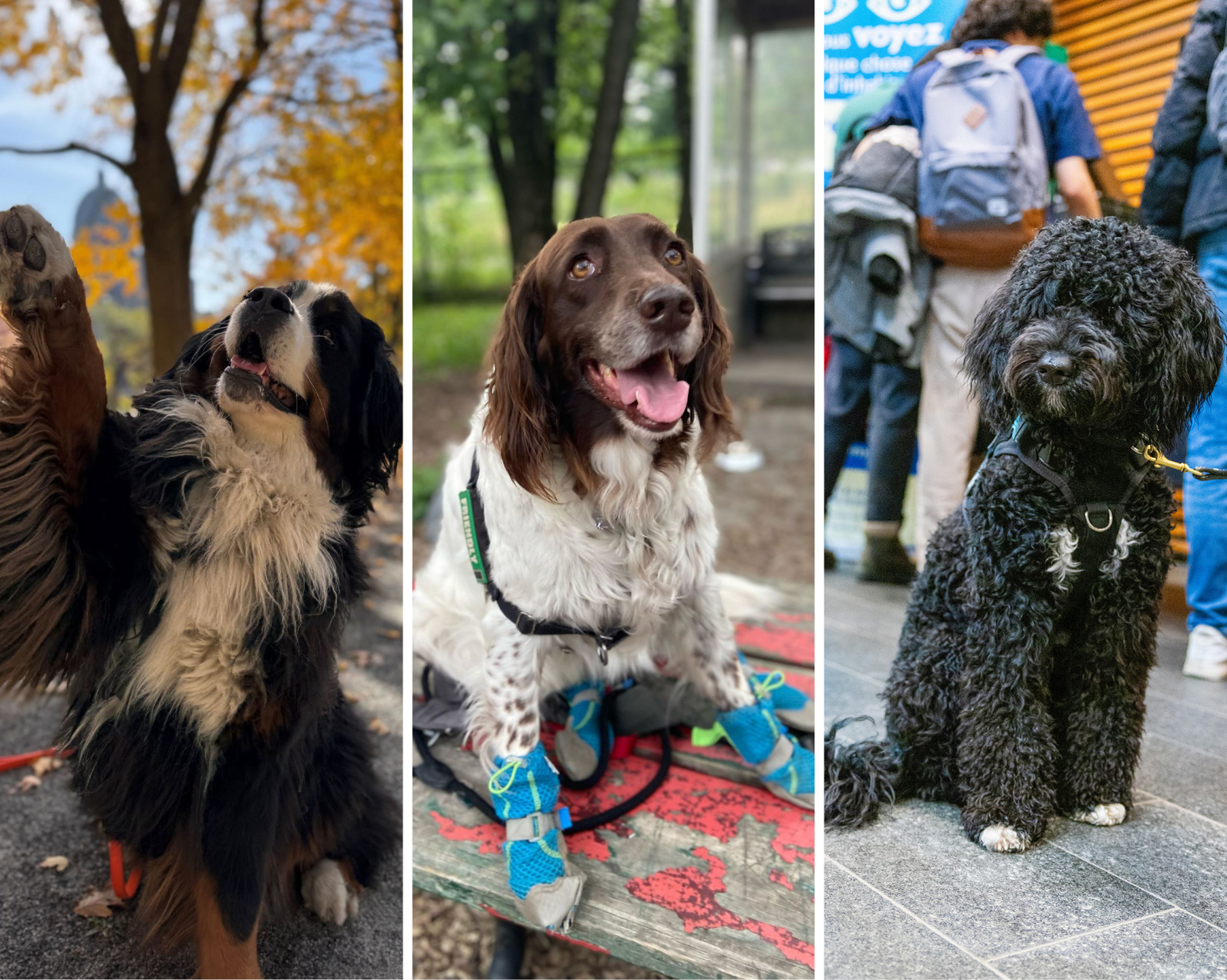Concordia Public Scholar Alexa Ruel wants to know why our decision-making changes across our lifespans

Concordia Public Scholar Alexa Ruel (MA 18) wants to better understand the cognitive and neural processes that support the different decision strategies we engage in from childhood to old age.
Ruel’s PhD research into the neural mechanisms behind different decision-making strategies will eventually seek to help older citizens navigate new technologies in our society that require goal-directed decision-making — everything from choosing bus or metro tickets in new formats to our app-based digital culture.
Ruel’s work is funded by the Natural Sciences and Engineering Research Council of Canada and she is the founder and coordinator of Concordia’s Journal of Accessible Psychology and Concordia’s Journal of Psychology and Neuroscience.
‘I hope to ensure that older adults and children are not limited to habitual decision-making’
Can you tell us a little about the significance of your research?
Alexa Ruel: As a decision-making researcher I focus on the strategies people of various ages use in contexts in which they have to first learn about their options before deciding which one to choose.
A lot of research on decision-making shows that children and older adults resort to simpler habitual decision-making strategies while younger adults have the ability to engage in goal-directed decision-making as well. I aim to determine 1) if we can support goal-directed decision-making in children and older adults and 2) if these age groups can and do engage in decision-making strategies we simply have not considered yet.
If you decide to take the same route to work every day, you are engaging in a habitual decision strategy. We make these habitual decisions, as we have already figured out which option is best and sticking to it is easy. But when there is a new goal in view, such as deciding which route is best to get to a new restaurant, we must consider all possible options and decide accordingly, something that requires a more cognitively demanding strategy — goal-directed decision-making.
While we prefer to avoid cognitive effort when we can, sometimes we have no choice but to engage in goal-directed decision-making. Problem is, research shows us that due to their limited cognitive abilities, children and older adults often struggle to engage in these goal-directed decisions and instead rely on habits.
By studying the neural mechanisms that support different decision strategies across the lifespan, I aim to understand what leads to the difficulties we see in children and older adults. With this knowledge, I aim to ensure that children are taught in line with their abilities and optimal learning strategies and that older adults can engage in lifelong learning to ensure they remain an active part of our society.
Roughly speaking, you study the psychology of decision-making. What are some examples of decisions in a person’s life that you might study?
AR: I study the process by which people make up their mind before making a choice: decision-making. Specifically, I study the different decision-making strategies people of various ages engage in and how they change across the lifespan. These decision-making strategies are the same ones we use all the time to make all kinds of daily decisions.
For example, taking the same route to work every day is an example of habitual decision-making, while navigating through the different menus of a ticket vending machine to buy a one-way trip ticket is an example of goal-directed decision-making.
What are the potential applications both within and outside of an academic setting?
AR: We see that older adults have difficulties engaging in more complex decision-making at the core of much of our current technology, in the forms of menus in ticket vending machines and lists of options within different applications on a computer.
One application of my research outside academia is therefore to inform how we can build systems that meet the needs of our seniors to ensure they remain connected in our increasingly tech-driven society.
Join Alexa Ruel for her round table discussion Decision-Making and the Brain on November 19.
Find out more about Concordia’s Department of Psychology.





